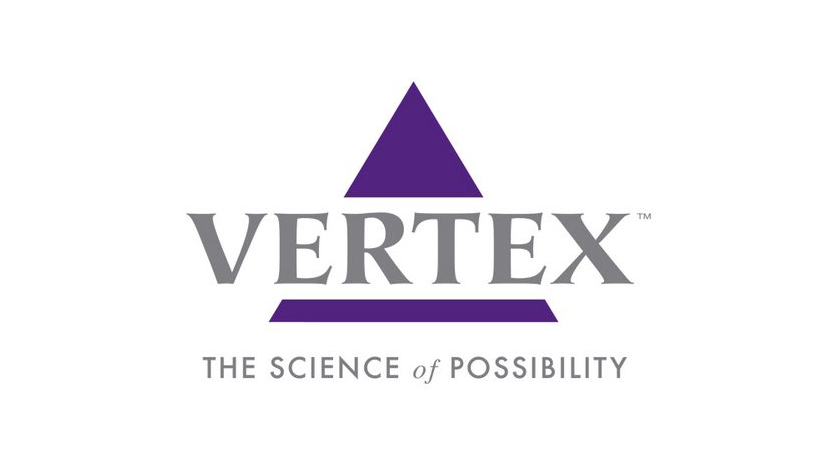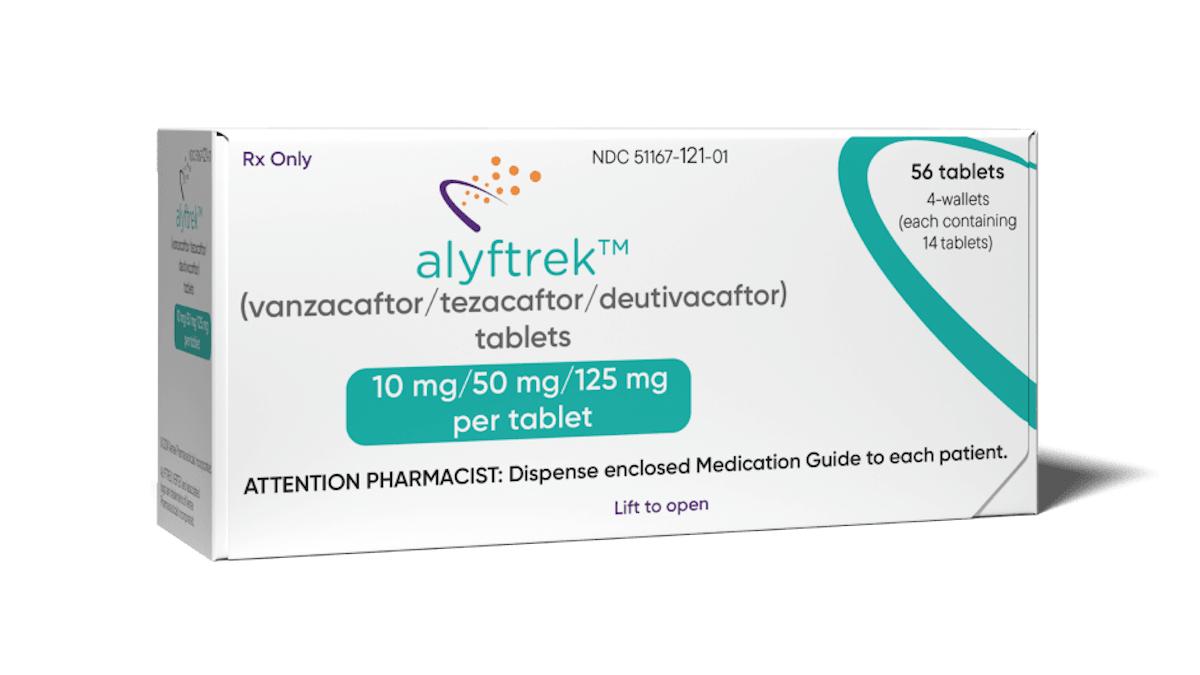US regulators expand label for Vertex's Kalydeco CF drug

US regulators have expanded the label for Vertex’s cystic fibrosis drug, Kalydeco, extending its use to include children aged 12-24 months with certain genetic mutations.
The FDA said Kalydeco (ivacaftor) can be used in children in the age group who have at least one mutation in their cystic fibrosis transmembrane conductance regulator (CFTR) gene that is responsive to the drug based on clinical tests.
Approval is based on data from the ongoing phase 3 open-label safety study, ARRIVAL, of 25 children aged 12 to 24 months who have one of 10 mutations in the CFTR gene.
The study demonstrated a safety profile consistent with that observed in previous phase 3 studies of older children and adults.
Vertex said most adverse events were mild or moderate in severity, and no patient discontinued the treatment due to adverse events.
Two patients had elevated liver enzymes greater than eight times the upper limit of normal, but continued to receive Kalydeco after a dose interruption.
The most common adverse events were cough (74%), pyrexia (37%), elevated aspartate aminotransferase (37%), elevated alanine aminotransferase (32%) and runny nose (32%). Four serious adverse events were observed in two patients.
The drug is already approved in the US for the treatment of CF in patients aged two and older who have one of 38 ivacaftor-responsive mutations in the CFTR gene based on clinical and/or in vitro assay data.
Vertex has filed for a label extension covering ages 12 to 24 months with the European Medicines Agency and a decision is anticipated in the first half of 2019.
In the UK, which has the second highest number of CF patients in the world, Vertex is courting controversy by failing to submit data for its latest therapy with NICE after it was backed by EU regulators ahead of likely approval later this year.
Vertex is holding out on a deal that will cover the price of all its CF drugs after NICE rejected its Orkambi combination therapy two years ago, and has said it will not engage with NICE until the cost-effectiveness body changes its assessment procedures.












